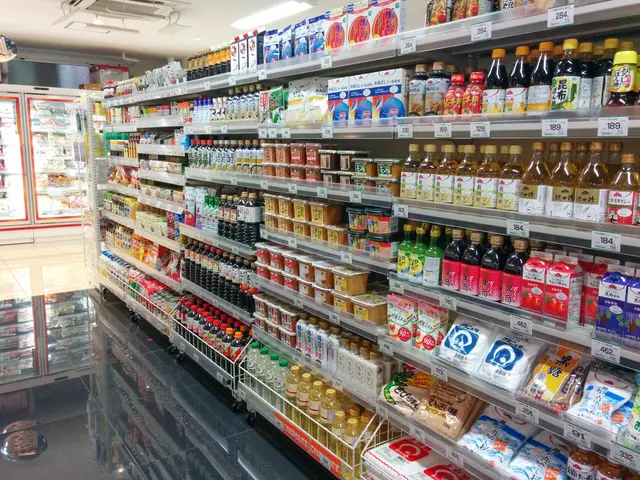Digital regulation tightened by Brazil's Supreme Court, imposing stricter policies for online platforms.
Dive into the Latest Digital Regulations:
Brazil's Supreme Court, in a groundbreaking shift, intends to crack down on the spread of misinformation and hate speech via digital platforms. After a half year of contemplation, the Court has made a decision to tighten the regulations governing these platforms' operations[1][2][3].
Ending a prolonged hiatus, the Court reassembled to discuss the accountability of digital platforms for user-generated content in June 2025. With a majority in favor, the Court is now pushing for platforms to bear direct responsibility for specific types of illegal content[3]. This decision signifies a significant change in the legal landscape, setting a stage for new rules concerning the platforms' accountability[2][3].
Though the specific penalties are yet to be determined, the Court's progressive stance undeniably hints at stricter regulations for digital platforms operating within Brazil[3]. Judges have argued that tech companies ought to proactively monitor and delete illicit content on their own accord, without needing judicial intervention[3].
Expressing his view during the proceedings, Judge Flavio Dino emphasized the need for "freedom with responsibility and regulated freedom, which is the actual freedom"[3]. He likened the absence of such regulations to attempting to establish an airline company without oversight, under the guise of freedom[3].
While six judges have expressed support for the stricter regulations, four judges are yet to share their opinions. Google, meanwhile, maintains that eliminating the current boundaries between platform and user responsibility would be counterproductive in curbing unwanted content online[3]. Instead, the tech giant advocates for the judiciary to define the boundaries between illegal discourse and legitimate criticism.
The deliberation is taking place amid proceedings involving former far-right President Jair Bolsonaro and his associates, accused of an attempted coup d'état in 2022[3]. Prosecutors claim that the alleged plotters utilized social networks to spread misinformation about the reliability of the electronic voting system[3].
Brazil has garnered global attention regarding the platforms' roles in August 2024, following Judge Alexandre de Moraes' order to block access to the X network nationwide[3]. The owner of X, Elon Musk, disregarded judicial orders to remove accounts of Bolsonaro supporters[3]. The standoff escalated over questions concerning freedom of expression and threats to democracy[3]. However, the X network resumed functioning normally in Brazil after a 40-day suspension[3].
There are reports suggesting possible sanctions against Judge de Moraes by Donald Trump's administration, following allegations that he was "persecuting" Bolsonaro, who was president from 2019 to 2022[3].
Furthermore, recently, Bolsonarism has showcased a critical stance towards this process in the highest court[3]. Meanwhile, the Brazilian spotlight remains on the technological tug-of-war as the Court continues to shape the future regulations for digital platforms in the nation.
Brazil | Misinformation | Jair Bolsonaro
(1)(2)(3)
- The latest policy-and-legislation development in Brazil pertains to social-media platforms and their accountability for the spread of misinformation, especially as it relates to political figures like Jair Bolsonaro.
- Technology companies, such as Google, are currently engaging in discussions over the new regulations aiming to rein in misinformation, highlighting the intersection of social-media, politics, and policy-and-legislation.
- Misinformation spread via social-media plays a significant role in war-and-conflicts, as evidenced by allegations of its use in Jair Bolsonaro's attempted coup d'état in 2022.
- General-news coverage has shown that sports, entertainment, and other sectors of digital content have largely been bystanders in the ongoing Brazilian discussions surrounding misinformation and social-media accountability.








